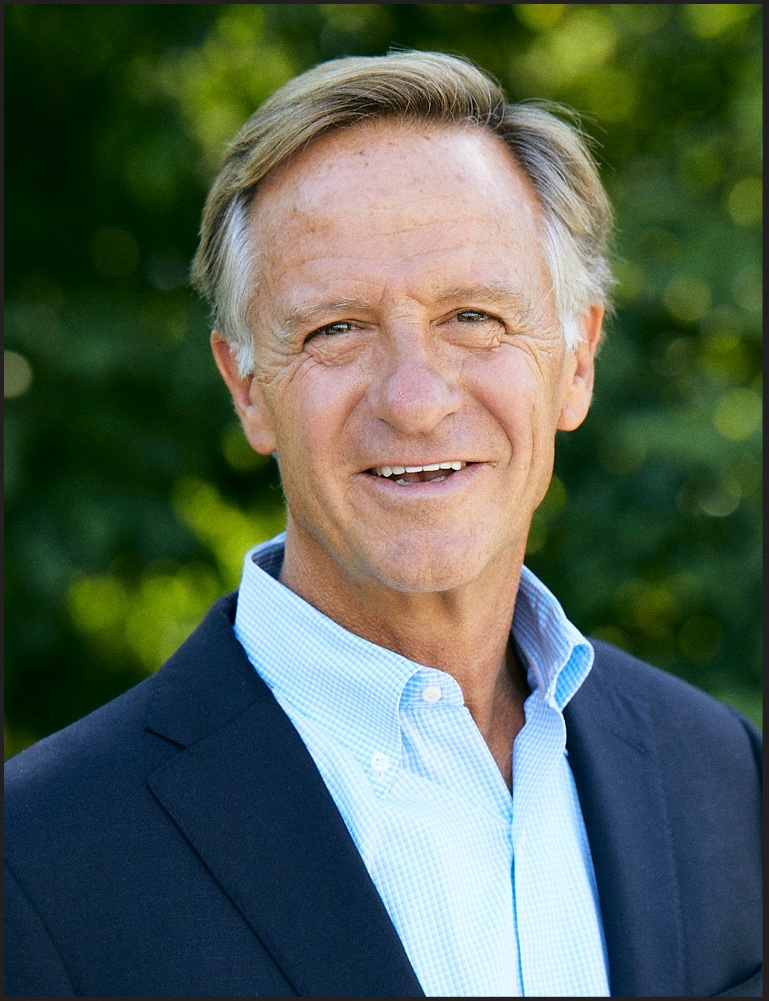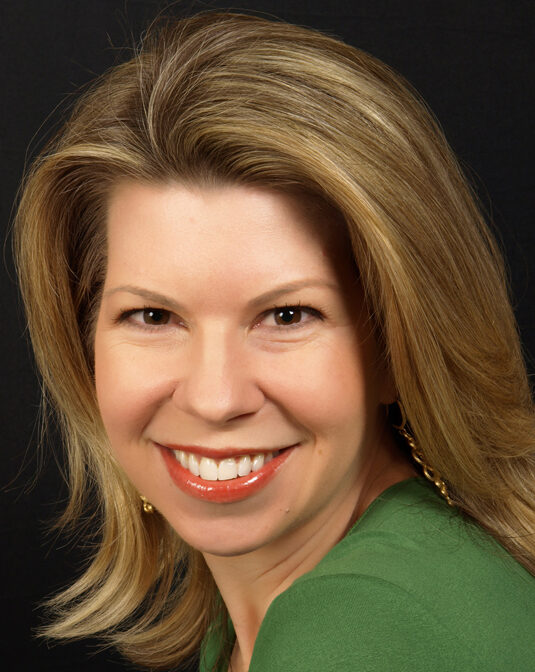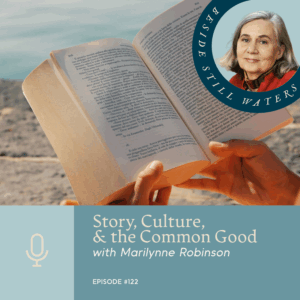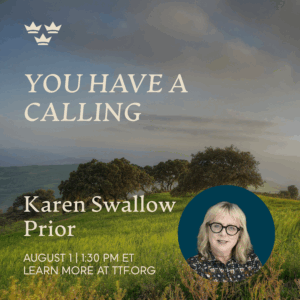Faithful Presence: The Promise and Peril of Faith in the Public Square with Bill Haslam
June 25, 2021
Overview
Speakers
-
 BILL HASLAM
BILL HASLAM -
 CHERIE HARDER
CHERIE HARDER
SHARE

